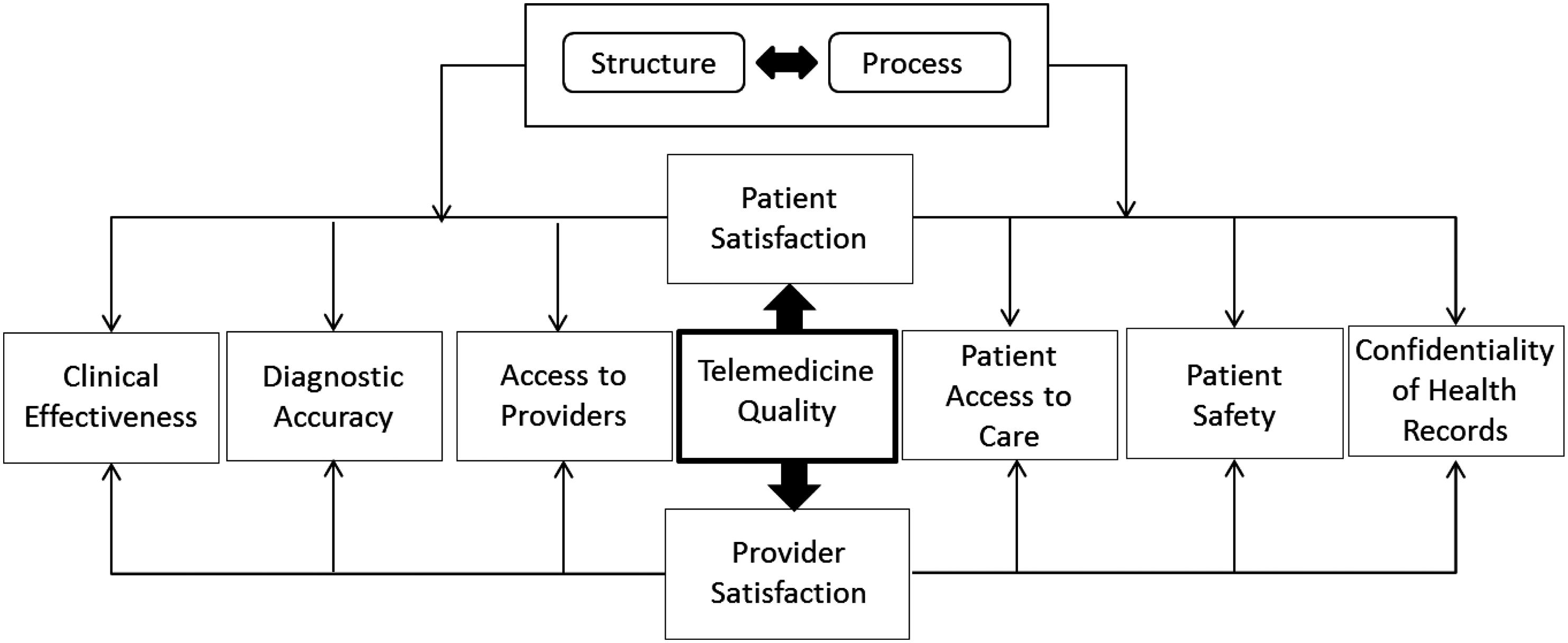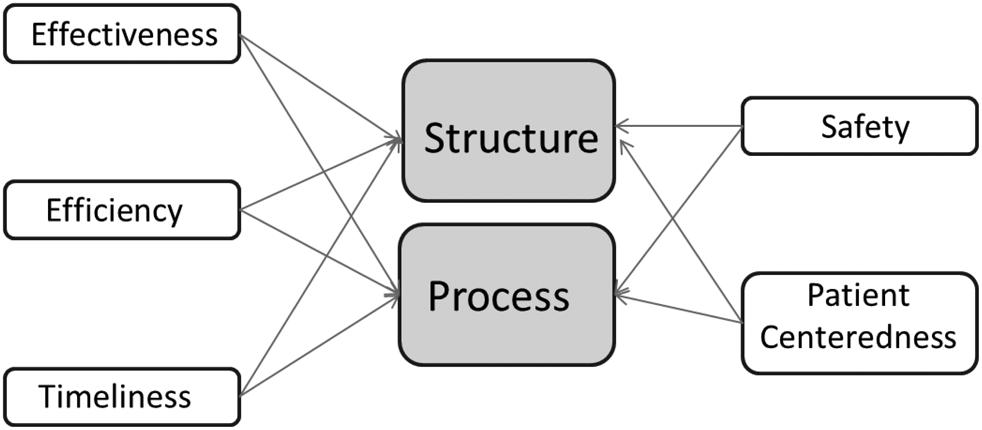
1 minute read
Timeliness
(Bloustein, 1967; Gavison, 1980; Post, 2006; Solove, 2006; Taylor, 1989; Westin, 1966), such as:
◾ Personal autonomy (the ability to make personal decisions) ◾ Individuality ◾ Respect ◾ Dignity and worth as human beings
Advertisement
Patients place a high value on breaches of privacy and confidentiality not only because they may affect a person’s dignity, but can also cause harm. When personally identifiable health information, for example, is disclosed to an employer, insurer, or family member, patients worry that it can result in stigma, embarrassment, and discrimination. Thus, without some assurance of privacy, patients may be reluctant to provide candid and complete disclosures of sensitive information even to their physicians. Confidentiality is particularly important to adolescents who seek healthcare. When adolescents perceive that health services are not confidential, they report that they are less likely to seek care, particularly for reproductive health matters or substance abuse (Weddle and Kokotailo, 2005). In addition, the willingness of a person to make self-disclosures necessary to mental health and substance abuse treatment may decrease as the perceived negative consequences of a breach of confidentiality increase (Petrila, 1999; Roback and Shelton, 1995; Taube and Elwork, 1990).
Timeliness is another important characteristic required for the patients’ perception of value. Timeliness in healthcare is the system’s capacity to provide care quickly after a need is identified. It is one of the six dimensions of quality the Institute of Medicine (IOM) established as a priority for improving the healthcare system (AHRQ, 2014). Measures of timeliness include the following:
◾ Time spent waiting in doctors’ offices ◾ Waiting time in the emergency department ◾ Time to obtain an appointment (for non-routine care) ◾ The interval between identifying a need for specific tests and treatments and actually receiving services





